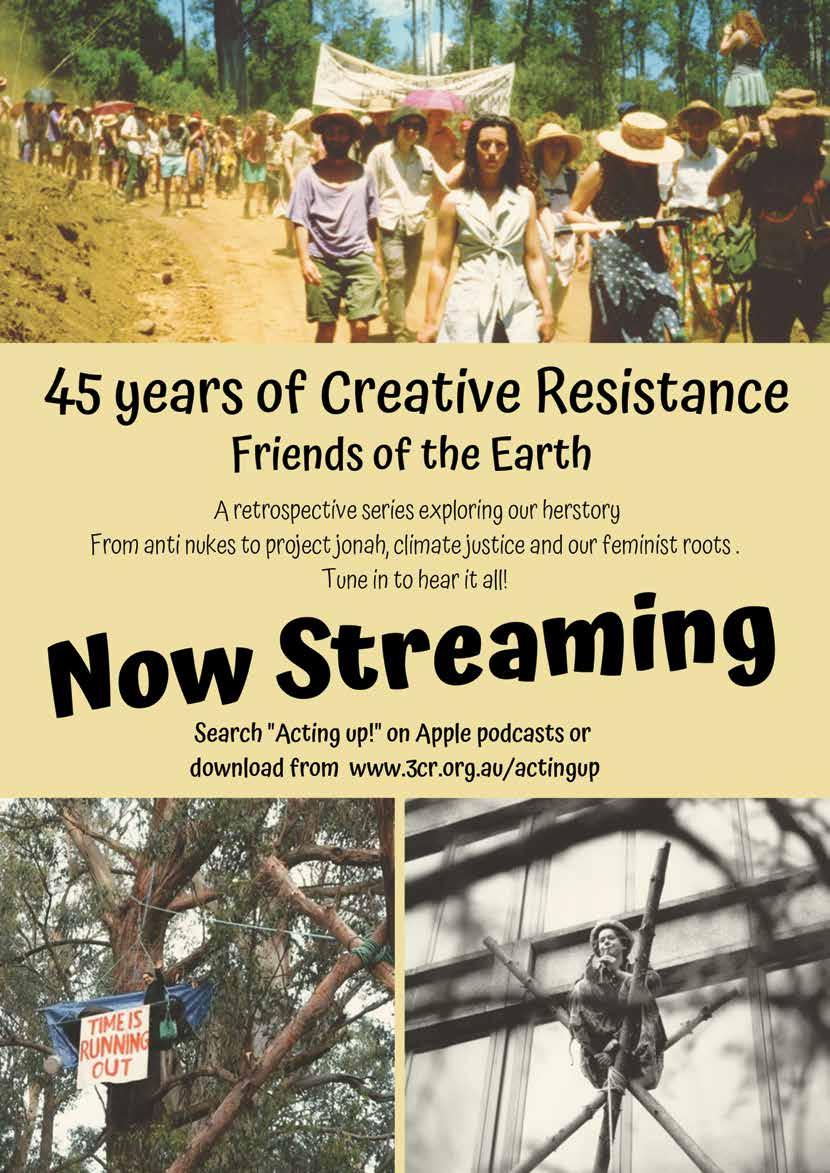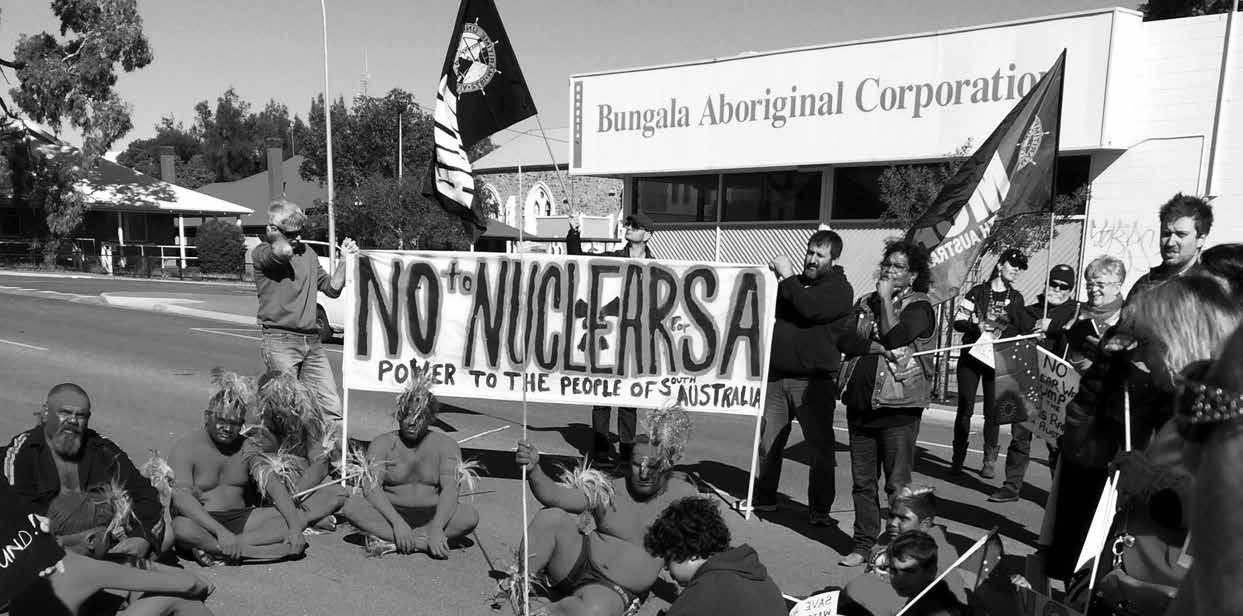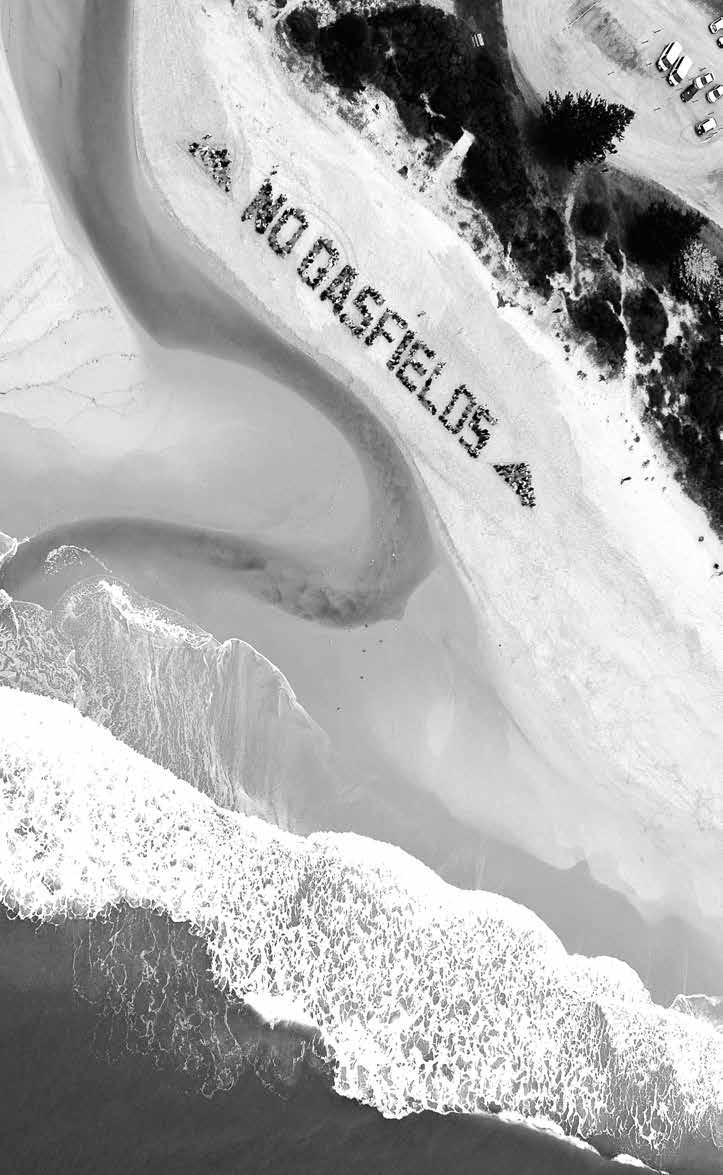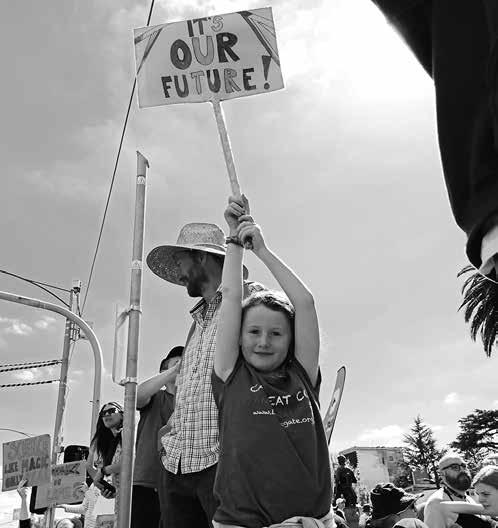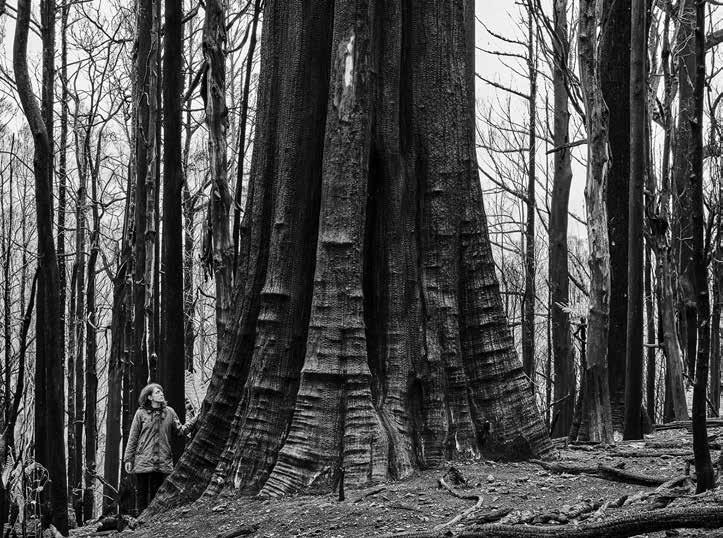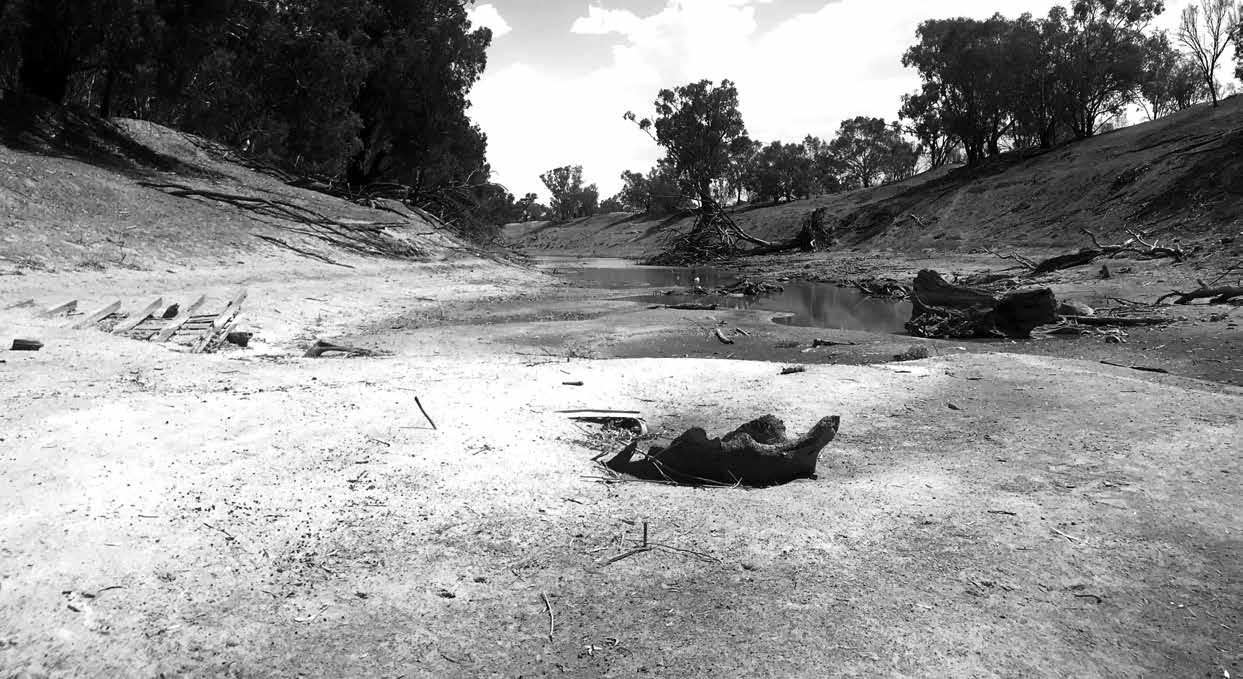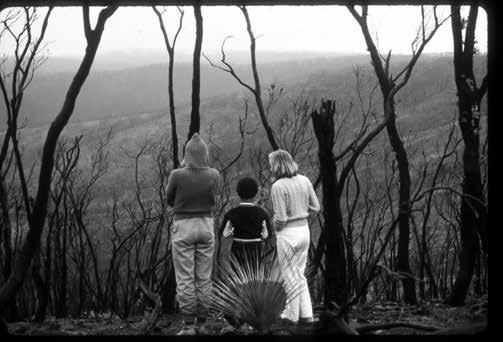All roads lead to lead: the fight for clean water in a Tasmanian town Tim Slade
TasWater has announced a new plan to pipe treated water to the Tasmanian town of Pioneer within three years. This comes after seven long years where residents have lived with the risk of lead-contaminated drinking water, first from the reticulated supply, and then from lead-painted roofs servicing rainwater tanks installed by TasWater. The news came during the State parliament’s Government Business Enterprise (GBE) committee on 4 December 2019. There was no discussion during this meeting of the facts outlined in a letter from the Tasmanian Director of Public Health, Dr Veitch, to TasWater’s CEO Brewster, on 7 December 2018, one year earlier. In this letter Dr Veitch cited the following: TasWater’s failure to acknowledge ‘foreseeable risk’ in relation to lead-painted roofs; TasWater’s failure to apply Environmental Health Guidelines; and TasWater’s breach of agreement with the residents of Pioneer. It took TasWater five years to complete the installation of rainwater tanks for thirty-five properties. We now know that in addition to a slow and unreasonable timeline, the work was performed negligently. TasWater were aware from their own tests in 2014 that at least three roofs were lead-painted. Only a handful of roofs were tested at this time. It was not until late 2019 that TasWater tested every roof at Pioneer for lead paint, following intervention from the Department of Health and Human Services (DHHS) in December 2018. Inexplicably, CEO Brewster waited five months, following the letter of overrule by Tasmania’s Director of Public Health, Dr Veitch, before he wrote to the residents of Pioneer, to invite them to participate in the first-ever complete testing program. Sixteen months on from Dr Veitch’s letter of overrule to CEO Brewster, not a single roof has been replaced at Pioneer. Approximately one-third of the TasWater-installed rainwater tanks, the twelve newly discovered to be contaminated with heavy metals, have in recent months been disconnected from roofs, cleaned and refilled with fresh treated water. CEO Brewster said during the GBE on December 4 that the new plan for Pioneer will cost approximately $3.5 million. This is a similar cost to the mini-treatment plants built recently in the neighbouring towns of Gladstone and Herrick.
46
Chain Reaction #138
May 2020
Prior to the December 4 meeting, all members, including parliamentarians, received a detailed, written briefing from me, consisting of my twentythree-page letter of reply to Chairman Gumley. Not one member of the government asked a question about Pioneer. The announcement of the proposed mini-treatment plant was made only after sustained questioning by non-government member. At this annual meeting held on December 4, Mr Doug Chipman – president of the Owners’ Representatives Group, representing the twenty-nine council-owners – made no comment whatsoever about Pioneer, nor did he protest the early termination of the meeting. Mr Peter Gutwein, the state government minister with responsibilities for drinking water, and now Premier of Tasmania, failed to attend the GBE meeting. The new plan announced by TasWater for a mini-treatment plan is in contrast to the previous offer to twelve residents in the months preceding the GBE meeting. This offer was for roof replacements, on the condition that structural repairs be paid by the customer. This unworkable solution, whereby some residents were required by TasWater to pay for structural repairs, is contrary to the 2013 agreement with Pioneer. It would be surprising if anywhere else in Tasmania, an existing customer is required to contribute thousands of dollars in order to continue to participate as a TasWater customer. Yet this was the plan of TasWater’s CEO Brewster, and his Board, until now, after seven years of crisis. Over years the residents of Pioneer have asked the local council of Dorset to assist, but at all times Mayor Howard has refused to write to the ORG; nor would he agree to conduct a community survey in relation to the question of a mini-treatment plant. At the last, Mayor Howard agreed to a community survey, in October, 2019. There have been no sanctions whatsoever, neither suggested nor directed, to any person at TasWater, DHHS, the twenty-nine owner-councils, the Economic Regulator, nor to the Tasmanian state government. This is notwithstanding Pioneer’s seven years at risk of heavy-metal contamination, first from the reticulated supply, and then from lead-painted roofs servicing rainwater tanks installed by TasWater. This story has been documented by me in my 23 published articles for Tasmanian Times (online) since 2013. TasWater’s announcement of its plan to pipe treated water to Pioneer was welcomed by the weary community of approximately seventy residents. However there are some residents who will have mixed feelings, those who were on the brink of having their 2014 contracts with TasWater activated for a roof replacement. Following TasWater’s new announcement in December 2019, the sevenyear, four-month-long question continues to be: When will TasWater deliver safe drinking water to their customers at Pioneer? Tim Slade lives in the north-eastern town of Pioneer. Articles: https://tasmaniantimes.com/guest-author/tim-slade/ Facebook: www.facebook.com/tim.slade.50 A longer version of this article is posted at https://tasmaniantimes.com/2019/12/all-roads-lead-pb-to-rome/


